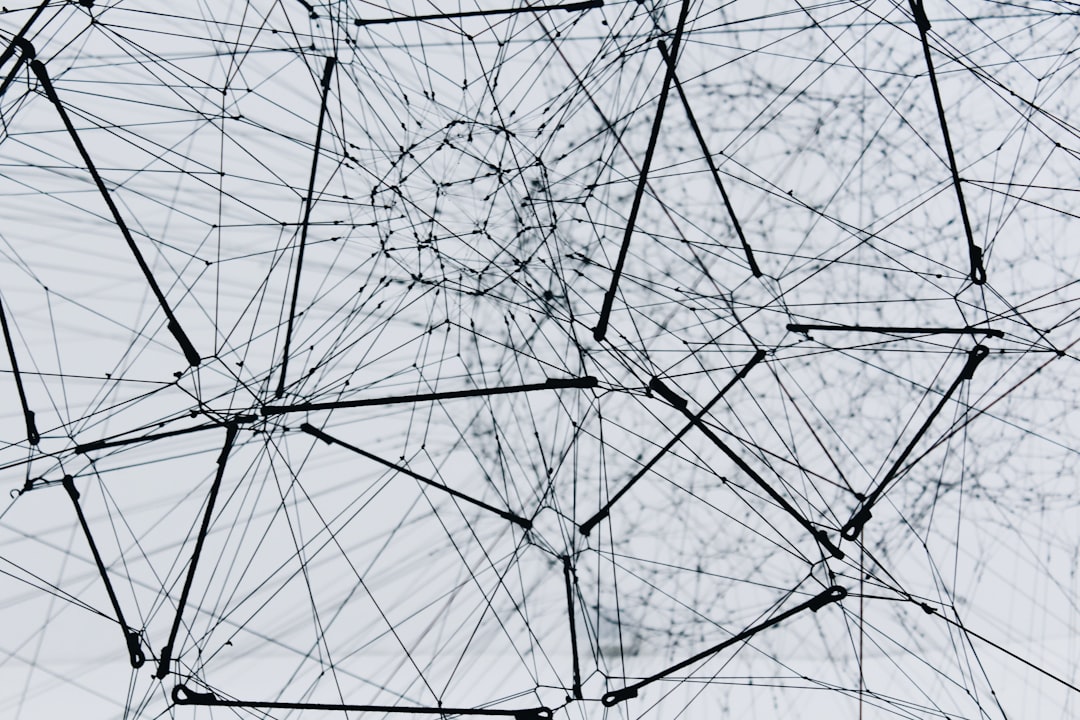What is it about?
There are mounting economic pressures on governments to provide social upliftment but how direct a role should government play in legislating corporate social responsibility (CSR)? What is the role of public relations in African development? What does an African model of public relations ‘look like’? This article first examines how the South African Government’s legislation for Broad-Based Black Economic Empowerment (BBBEE) has forced the reconsideration of Corporate Social Responsibility (CSR) and Corporate Social Investment (CSI) onto every corporate agenda in South Africa. The second part discusses CSR and CSI, a central plank of public relations practice, as agent of change and development in national development philosophies at a Pan-African level. Traditional African views of communication, defined by the underlying philosophical principles of humanism (ubuntu) and communalism (ubunye, ubudlelwane) are discussed in the African public relations context. Finally, the work questions the appropriateness of Western-based models of public relations and presents an evolving model African public relations.
Featured Image

Photo by Mikelya Fournier on Unsplash
Why is it important?
South Africa, a global icon of the promise – and sometimes failure – of social change, acts as a laboratory for academic thinking about the value of traditional public relations models in a altered set of global circumstances (where, for example, in the developed world, the gap between rich and poor continues to increase, leading to such phenomena as populism politics and fake news). We argue that for members of under-developed communities, no Western theory, no experts, or corporate organisation can prescribe ways of doing things that are superior to those that they themselves may envisage through indigenous understandings of authentic communication. Are governments able to harness this understanding and energy to the benefit of their people through legislation? The South African experiment may provide the answer.
Perspectives
South Africa, a global icon of the promise – and sometimes failure – of social change, acts as a laboratory for academic thinking about the value of traditional public relations models in a altered set of global circumstances (where, for example, in the developed world, the gap between rich and poor continues to increase, leading to such phenomenon as populism politics and fake news). We argue that for members of under-developed communities, no Western theory, no experts, or corporate organisation can prescribe ways of doing things that are superior to those that they themselves may envisage through indigenous understandings of authentic communication. Are governments able to harness this understanding and energy to the benefit of their people through legislation? The South African experiment may provide the answer.
Dr Gary Malcolm Mersham
https://www.verduresurf.com/
Read the Original
This page is a summary of: South Africa’s bold and unique experiment in CSR practice, Society and Business Review, July 2016, Emerald,
DOI: 10.1108/sbr-04-2016-0027.
You can read the full text:
Contributors
The following have contributed to this page










